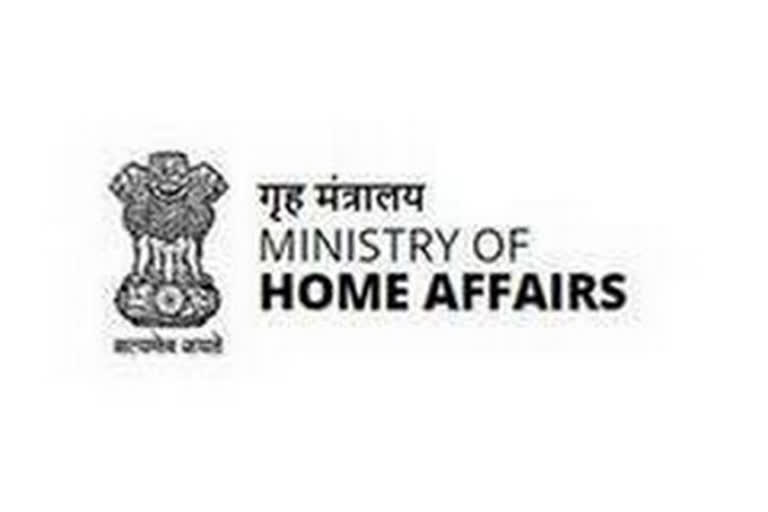New Delhi: Over 80 per cent of the wheat crop has been harvested in the country and a majority of "mandis" are operational now, a senior government official said on Monday.
Punya Salila Srivastava, a joint secretary in the Union home ministry, told reporters that over two crore people got employment in water conservation and irrigation works under the Mahatma Gandhi National Rural Employment Guarantee Act (MGNREGA) in the country till now.
While 80 per cent of the wheat crop has been harvested, about 2,000 or 80 per cent of the major "mandis" (wholesale markets) are operational in the country now, she said.
Srivastava said this during a press briefing on the measures taken to enforce the ongoing lockdown, which was imposed with the aim to break the chain of COVID-19 in the country.
According to a survey conducted, about 60 per cent food-processing units are operational in the country, she said, adding that besides, 2,825 units and about 350 export-oriented units are also functional in the special economic zones (SEZs) now.
Construction activity, brick kilns and road projects have started in rural areas and hence, local and migrant labourers are getting work again, the officer said.
Talking about the activities that have been allowed by the government to ensure essential supplies and that works go on during the ongoing lockdown, Srivastava said the procurement of pulses and oil seeds is going on.
She said the "Kisan Rath" mobile application has eased selling and purchasing between farmers and traders during the lockdown as over80,000 farmers and 70,000 traders are registered on the app.
"It is important that we keep all caution while doing these activities and follow the social-distancing, wearing-of-mask norms, hygiene and health protocols," Srivastava said.
She also briefed the reporters about the work and recommendations made by the inter-ministerial central teams (IMCTs) that were sent to some of the worst coronavirus-hit places in the country such as Pune (Maharashtra) and Jaipur (Rajasthan).
Srivastava said the local administration in these two districts is working diligently to combat the COVID-19 situation and underlined that in Pune, the second-largest city in Maharashtra after Mumbai, the doubling rate of the infection is a cause of concern.
In Pune, the central team toured the containment zones of Pimpri-Chinchwad, Kharadwadi and Baramati, apart from shelter camps for migrant labourers, vegetable markets, PDS shops, the municipal corporation control room and hospitals.
It found that in Pune, the COVID-19 doubling rate is seven days, which is slightly higher compared to the rest of the country, Srivastava said.
